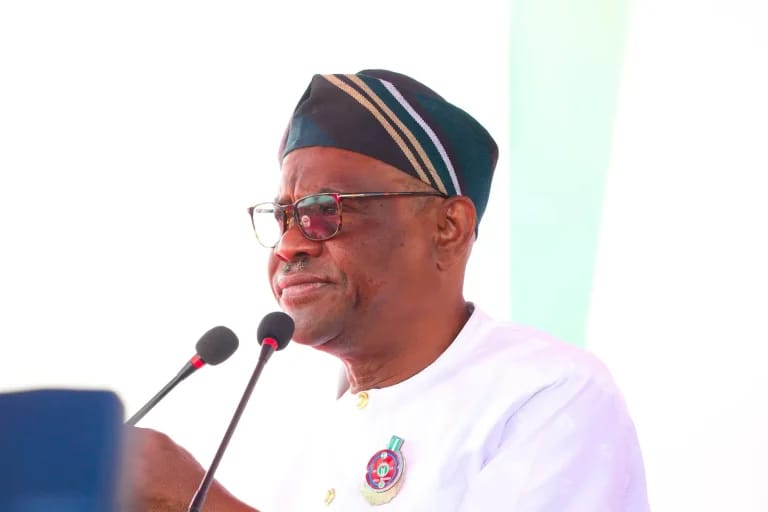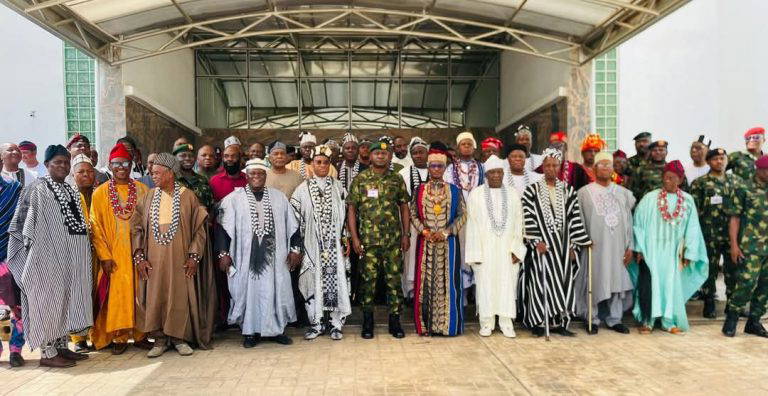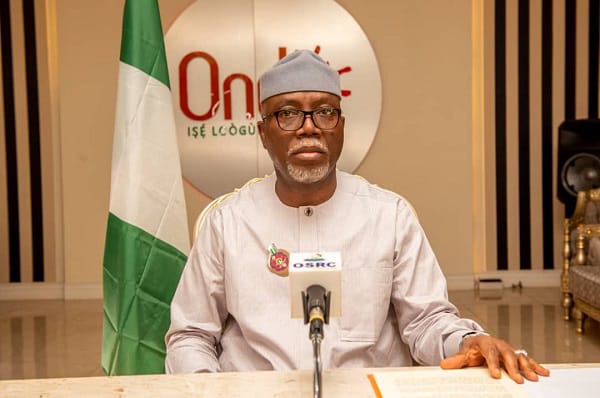The Minister of the Federal Capital Territory (FCT), Nyesom Wike, has stated that any objective observer would acknowledge the significant infrastructural developments carried out in Abuja under President Bola Ahmed Tinubu’s administration. Wike made the remarks on Thursday, June 26, 2025, during the official commissioning of the newly constructed Kugbo Bus Terminal.
Speaking at the event, Wike urged Nigerians to be fair in their assessment of national leadership, noting that appreciation should be based on performance rather than personal or political preference.
He emphasized that President Tinubu had visibly transformed the Abuja landscape, and that only individuals with prejudice would fail to acknowledge this.
“Even if I don’t like you, but you are doing something good, I will appreciate you,” Wike said. “Mr. President has changed the landscape of Abuja, for Abuja to compete like other cities in the world.”
The FCT Minister further asserted that any right-thinking and conscientious individual would agree that President Tinubu has accomplished a great deal in the capital city since taking office. He praised Tinubu’s leadership, claiming it had ushered in a new era of infrastructural development and urban renewal across the FCT.
“So, even if you don’t like Mr. President for liking sake, any right-thinking person, who has conscience, would not say that Mr. President has not done a lot as far as Abuja is concerned,” Wike added. “Mr. President has changed the narrative as far as the FCT is concerned.”
Wike also reiterated his previous challenge to past administrations to come forward and claim credit for the projects that are currently being completed and commissioned under his leadership. He stated that unless those former leaders can prove they initiated the work, the public should give proper recognition to the current administration.
“And like I said yesterday, if there is any previous government that did this and we are claiming it, please, you owe the public. Come out and say, ‘No, we are the ones who did it, they are just claiming,’” Wike said. “I thought people would have come out since yesterday, but nobody has said anything.”
The Kugbo Bus Terminal, the latest project to be commissioned under Wike’s stewardship of the FCT, is one of several large-scale infrastructure projects launched since he assumed office in August 2023. These include new road constructions, urban regeneration efforts, and expanded transportation facilities aimed at improving public mobility in the capital city.
Wike’s remarks come amid ongoing political debate over the performance of the Tinubu administration, particularly in areas of infrastructure, economic reform, and public service delivery. While some critics have pointed to economic hardship and inflation as indicators of poor governance, supporters argue that the administration has made measurable progress in areas such as infrastructure, security coordination, and institutional reform.
As Minister of the FCT, Wike has maintained a highly visible and assertive approach to governance. He has repeatedly emphasized his commitment to ensuring that Abuja regains its status as a functional and globally competitive capital city. His tenure has included the demolition of unauthorized structures, enforcement of urban planning laws, and rapid completion of long-delayed projects.
Analysts note that Wike’s frequent praise of Tinubu and his emphasis on project delivery are part of a broader strategy to solidify the administration’s credibility and respond to criticism that infrastructure development has been uneven across the country.
Meanwhile, no representatives from past administrations have responded publicly to Wike’s invitation to claim credit for any of the projects currently being unveiled. The silence has been interpreted by some observers as a tacit acknowledgment of the current administration’s role in completing the works.
As Wike continues his campaign of commissioning infrastructure projects across the FCT, his statements are likely to spark further debate over continuity in governance and the role of political bias in public discourse on national development.





